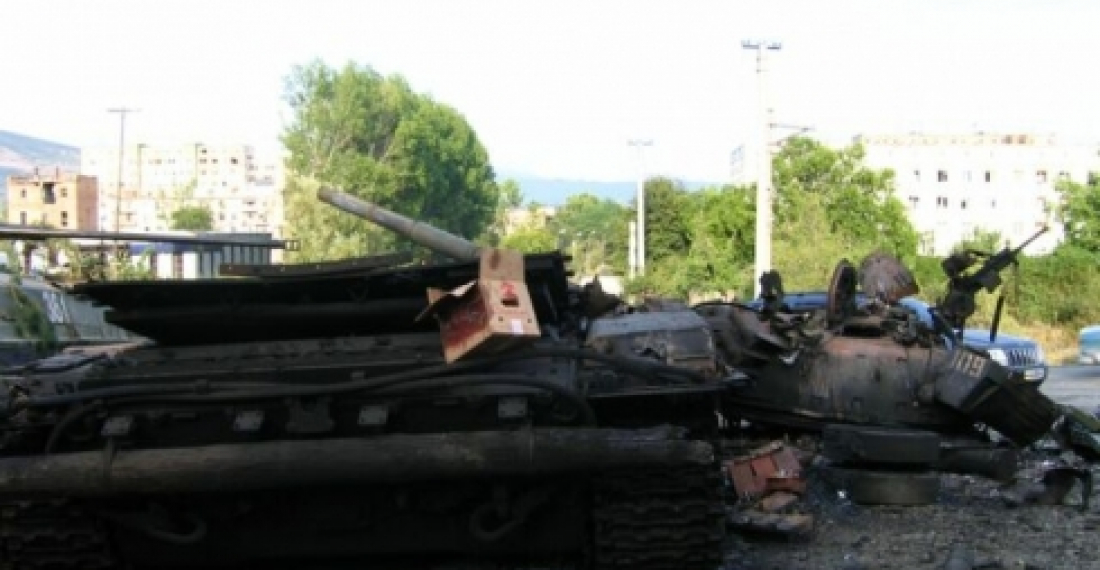Today marks the third anniverary of the start of the short Georgia-Russia War. It lasted five days.
Fighting initially began in and around the territory of South Ossetia which had, since 1992, been outside the jurisdiction of the central Georgian government. Russia accused Georgia of starting the fighting and of attacking its peacekeepers. It intervened with military operations against Georgian forces throughout the territory of Georgia.
In some ways the war changed nothing. The two regions of Georgia that had ceceded shortly after the collapse of the USSR remain outside Georgian jurisdiction. Hundreds of thousands of mainly Georgian people displaced by the conflict remain far away from their homes, their numbers augmented by more recently displaced persons from the 2008 war.
In other ways however the war marked the end of the post Soviet era. It saw Russian troops overtly intervening for the first time outside their borders since the collapse of the Soviet Union. Russia followed up its military successes by recognising Abkhazia and South Ossetia as independent countries, thus destroying the post Soviet order that was based on the borders of the 15 constituent republics of the USSR remaining intact. Georgia left the Commonwealth of Independent States and broke off diplomatic relations with Russia. Through a series of military, diplomatic, and economic agreements Abkhazia and South Ossetia have become more dependant on Russia than ever.
Whilst the fighting has stoped a long time ago the implications of the Georgia-Russia war are still to be fully felt and understood.
The new status quo is not sustainable and is a long term source of instability for the whole region. New efforts need to be exerted to normalise what is at the moment a very abnormal situation. Today is a good day to remember those who died in the Georgia-Russia War - Georgians, Ossetians, Russians and others. It is also a good time to reflect on the future.
Prepared by the commonspace.eu editorial team
Picture: a destroyed Georgian tank in Tskhinvali







